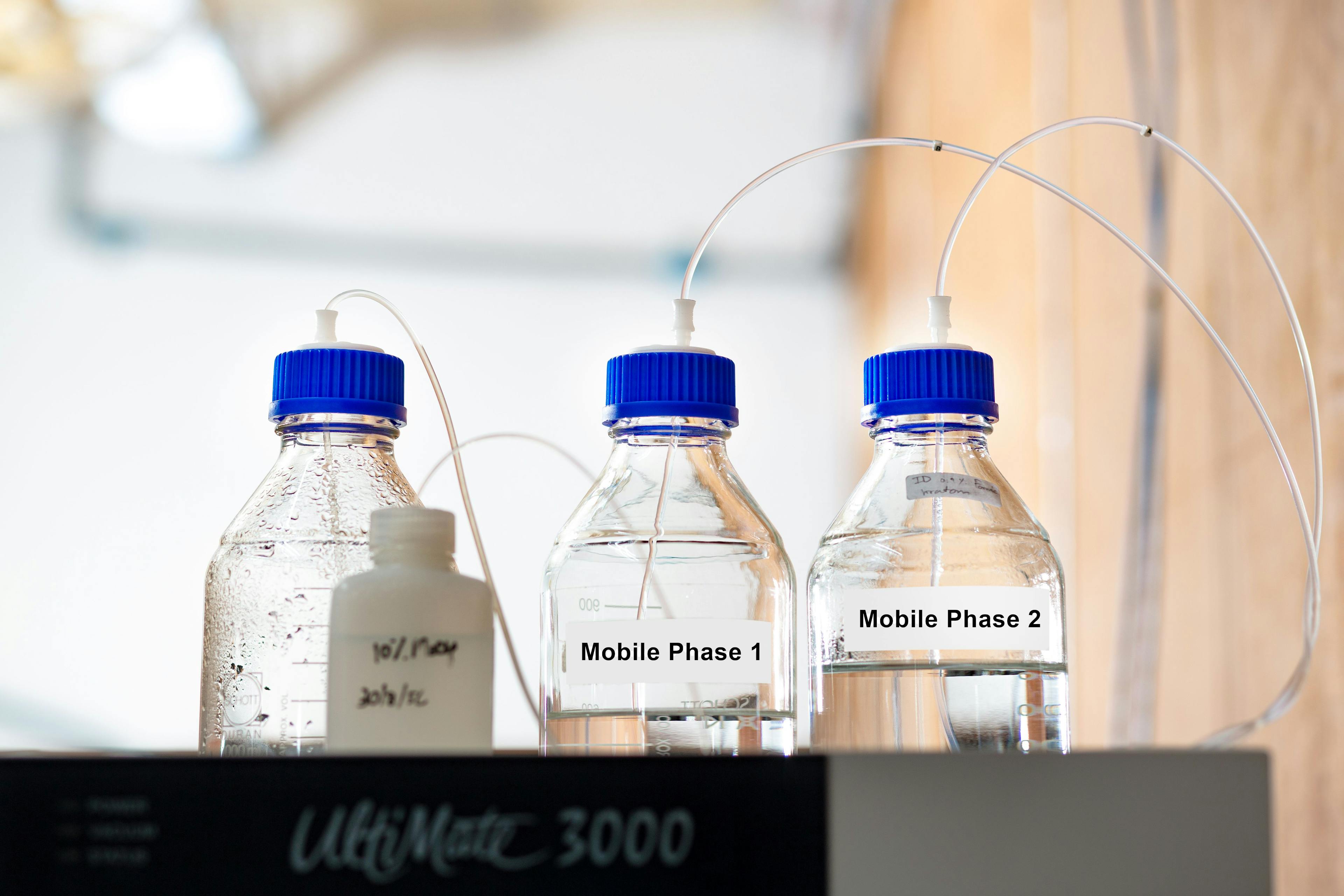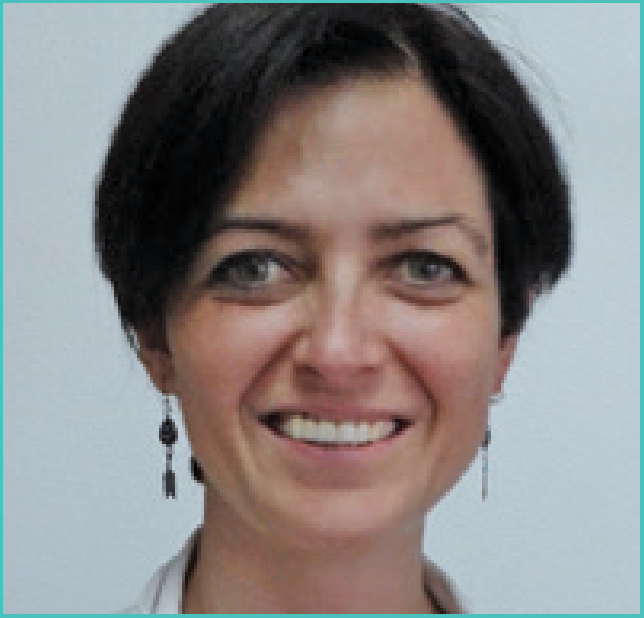Achieving Success in a Career as a Separation Scientist: An Overview of the Chinese American Chromatography Association (CACA) Career Development Workshop at Pittcon
Since 2008, the Chinese American Chromatography Association (CACA) has hosted career development workshops at Pittcon, featuring over 65 well-established pharmaceutical, biotechnology, and contract research organizations, and academia professionals. This year’s workshop featured five speakers, all of whom shared valuable insights and advice for individuals at different stages of their careers, including graduate students, early-career professionals, high-level managers, and aspiring entrepreneurs.
For young separation scientists, one of the significant challenges in career development is finding the ideal job to pursue their dreams. This task can be particularly daunting for foreign-born scientists because of additional factors, such as their ethnic backgrounds and cultural norms. Recognizing these challenges, the Chinese American Chromatography Association (CACA) has been organizing career development workshops at Pittcon since 2008 to address these issues. This year’s workshop featured a lineup of speakers with extensive scientific and managerial experiences from academia and industry. They shared real-life examples of career development for individuals at various stages, including new graduates, corporate research scientists, and aspiring entrepreneurs. Several common elements emerged throughout the workshop, including the importance of passion, perseverance, discipline, and strategic planning in achieving success.
Yong Guo, the Chair of Pharmaceutical Science at Fairleigh Dickinson University and a 15-year pharmaceutical veteran and 11-year academic professional, delivered invaluable advice for graduate students in his presentation titled, “Where do I go, industry or academia?” Guo emphasized that both career paths have their pros and cons, and that personal interest and passion play a crucial role in the decision-making process. Academic careers offer greater autonomy in defining one’s work and managing time, despite the challenges associated with securing research funding. On the other hand, industry jobs are more application-oriented and fast-paced. They offer various pathways for career advancement, including management and technical roles. Guo highlighted that industry jobs can be demanding but well-compensated, whereas academic careers provide long-term stability and a better work–life balance.
Zhuo Chen, a rising star in the bioanalysis community, shared his experiences as an earlier-stage professional. Starting his career at GlaxoSmithKline after completing his PhD in 2016, Chen has achieved significant success, receiving high internal recognition, top scientific awards, and the Bioanalysis Rising Star award in 2021. He emphasized the importance of building a solid foundation by quickly identifying one’s strengths, expanding core competencies, developing technical skills, finding mentors, building professional networks, gaining hands-on experience in different fields, and proactively seeking opportunities for visibility. Chen also highlighted the importance of adopting a mindset focused on continuous learning and breaking career barriers for young professionals.
Naidong Weng, the Senior Director and Global Head of LC–MS Bioanalysis and Biomarkers at GSK, is an example of a well-developed professional. Weng emphasized that career development should be viewed as a lifelong journey, like marathon running, rather than a shortcut to quick success. He encouraged individuals to set long-term career goals aligned with their passions, ensuring a fulfilling and enjoyable professional journey. Weng also provided valuable advice for overcoming setbacks in one’s career, such as acknowledging feelings, broadening the view of success, strengthening skills, building resilience, avoiding burnout, and taking proactive steps to manage one’s career.
Chengjie Ji, the founder of NovaBioAssays LLC in Boston, shared his entrepreneurial challenges and experiences. He stressed that professionals must approach their work with passion, persistence, self-awareness, and self-motivation to overcome obstacles and achieve their goals. Ji emphasized that success in business cannot be achieved overnight, and setbacks are inevitable. He highlighted the importance of resilience and determination in overcoming obstacles and staying focused during difficult times.
Lastly, Allan Xu, the founder and laboratory director of Keystone Bioanalytical, Inc., shared his insights on setting goals early, committing to achieving them, and developing a solid technical foundation. Xu also addressed the challenge of employee retention, providing strategies such as sharing benefits and providing additional support such as housing and vacation expenses.
We sincerely appreciate all the speakers for generously sharing their experiences and summarizing the key advice during the workshop. Their contributions have undoubtedly inspired and provided valuable guidance to the participants, fostering their career development in the field of separation science.
Tao Jiang is the Director of CMC and Bioanalysis in Global Technical Operations at Mallinckrodt Pharmaceuticals. She leads the development of active pharmaceutical ingredients (API) and drug products (DP) from pre-clinical to commercialization and life cycle management (LCM) for small molecules, peptides, siRNAs, and biologics. She has over 20 years of extensive experience in pharmaceutical development, particularly in separation media and instrumentation of HPLC, GC, and LC–MS and their applications in pharmaceutical analyses. Dr. Jiang is a certified Six Sigma Black Belt, and has published 25 peer-reviewed journal papers, two book chapters, and 30 issued US patents. She actively volunteers as an executive committee member of the Chinese American Chromatography Association (CACA) since 2009 and served as the CACA president from 2014 to 2016.
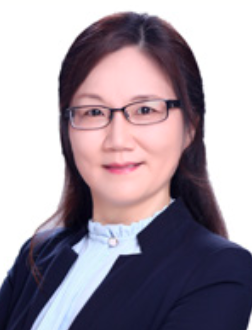
Chuping Luo is a Senior Research Scientist in Advanced Materials Technology. He has developed a variety of chromatographic stationary phases, including ion exchange, size exclusion, various types of C18, aromatic phases, mixed-mode, and HILIC phases, for the applications in small drugs and bioseparations on UHPLC and SFC systems. Dr. Luo’s scientific interests are in developing innovative materials, hardware, and instruments for fast separations and diagnostics, and the fundamental understandings therein. Dr. Luo has been serving as the executive board member of the Chinese American Chromatography Association (CACA) since 2008 and was the former CACA president who served the term of 2016 – 2018.
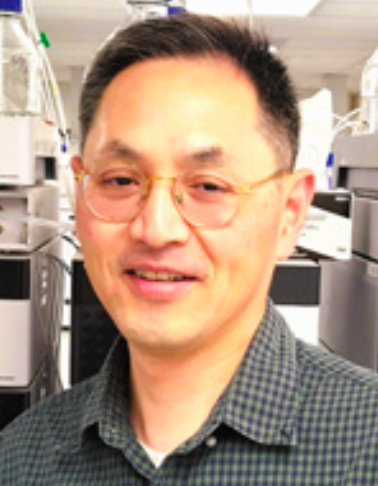
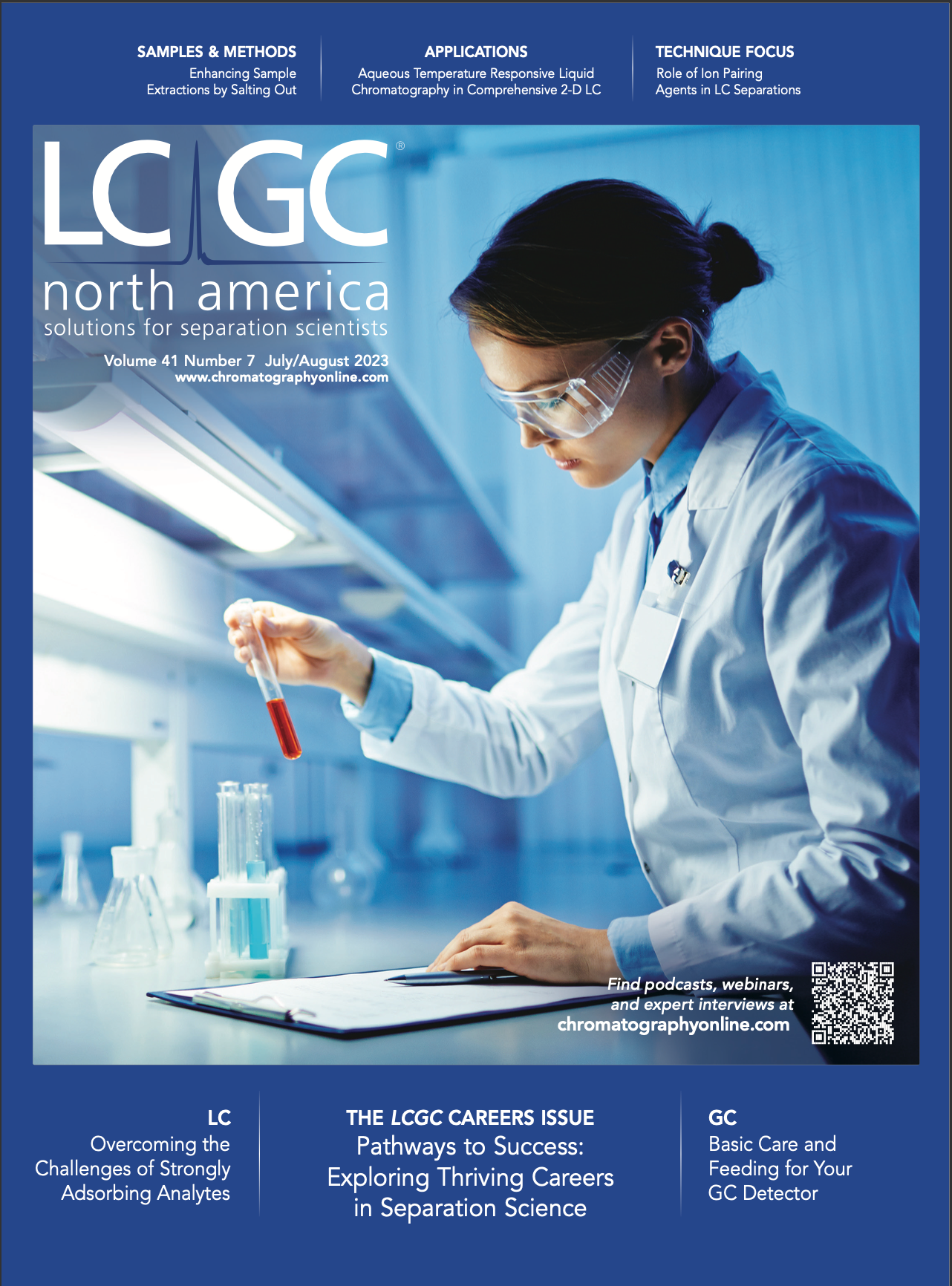
The 2025 Lifetime Achievement and Emerging Leader in Chromatography Awards
February 11th 2025Christopher A. Pohl and Katelynn A. Perrault Uptmor are the winners of the 18th annual LCGC Lifetime Achievement and Emerging Leader in Chromatography Awards, respectively. The LCGC Awards honor the work of talented separation scientists at different stages in their career (See Table I, accessible through the QR code at the end of the article). The award winners will be honored during an oral symposium at the Pittcon 2025 conference held March 1-5, in Boston, Massachusetts.
USP CEO Discusses Quality and Partnership in Pharma
December 11th 2024Ronald Piervincenzi, chief executive officer of the United States Pharmacoepia, focused on how collaboration and component quality can improve worldwide pharmaceutical production standards during a lecture at the Eastern Analytical Symposium (EAS) last month.


